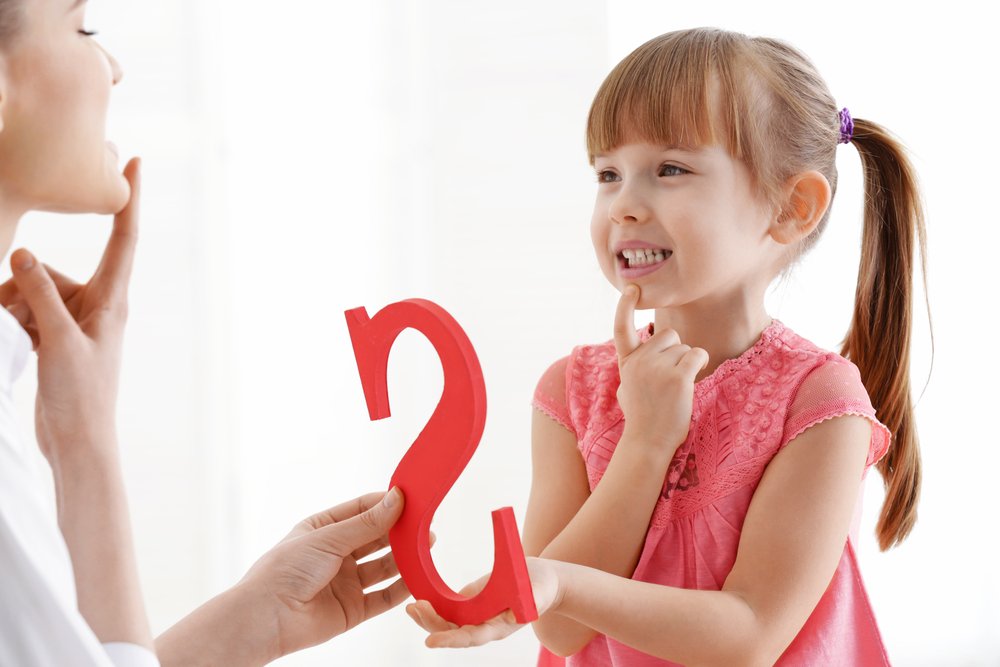Key points:
- Language acquisition is a complex process involving cognitive and physical development.
- Phonemes are units of speech sounds in every language.
- Children acquire phonemes between 24 and 60 months of age.
- Exposure to spoken words helps children distinguish and reproduce phonemes.
As adults, we have mastered language to the extent that we have long forgotten the frustration of not being able to communicate our needs and wants. Even more, we can even learn new words without needing more than a couple of exposures, and the only time we struggle to articulate a sound is when we speak another language. Young children, on the other hand, are very familiar with the struggle of trying to say something without knowing the words or having limited pronunciation capabilities.
Language acquisition is a complex process. On one hand, it involves the cognitive development of symbolizing an object through a system of written or spoken signs. On the other hand, it requires the physical aspects of producing specific sounds with the lips, teeth, palate, jaw, breathing, and vocal cords, and to articulate them in a myriad of different combinations and sequences.
In every language, a unit of speech sound is called a phoneme. Each language has a different set of sound systems, and they all have phonemes that vary tremendously in difficulty. Hence, children acquire phonemes at different ages. According to the American Academy of Pediatrics, this happens mostly between 24 and 60 months of age, although by 4 years old most children will have mastered most of their mother tongue’s sounds, frequently with the exception of the /r/ because it’s more difficult to pronounce.
As early as 1971, language therapists had identified that there’s a strong correlation between how preschoolers detect and distinguish different spoken sounds, and their ability to reproduce those phonemes when speaking. Following an article published in the British Journal of Disorders of Communication, the best recommendation to foster your child’s capacity to pronounce different phonemes is to constantly expose them to spoken words.








